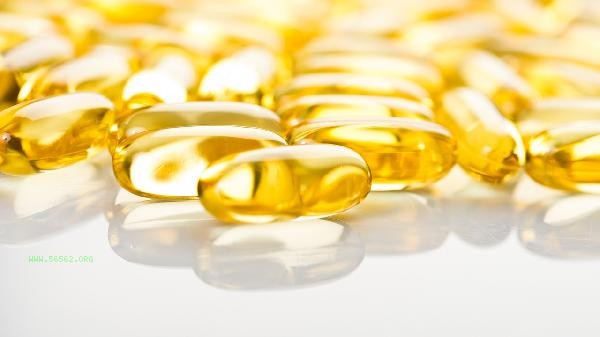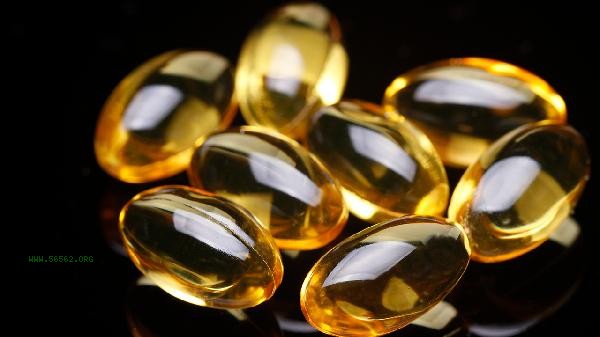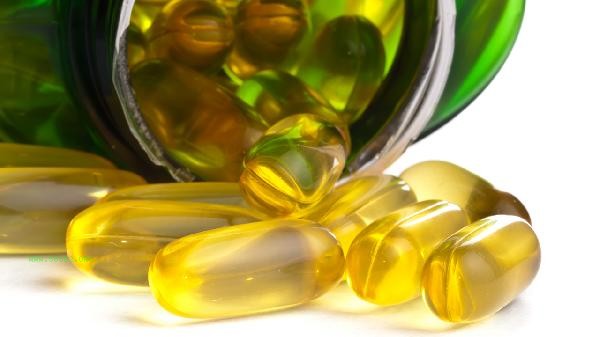The main difference between algal DHA and fish oil DHA lies in their source, composition, and target audience. Algal DHA is directly extracted from microalgae and is suitable for vegetarians, while fish oil DHA is obtained from deep-sea fish fat containing various Omega-3 fatty acids.

1. Source Differences
Algae DHA is extracted through fermentation of cultivated marine microalgae and belongs to plant-based sources. The production process is not affected by marine pollution. Fish oil DHA is extracted from the fat of deep sea fish such as sardine and salmon, which may accumulate pollutants such as heavy metals, and needs to be purified.
II. Composition characteristics
Algae DHA has high purity and does not contain EPA, making it suitable for people who are allergic to fish or need to supplement DHA separately. Fish oil DHA usually contains EPA and a small amount of DPA, which have a synergistic effect, but excessive intake of EPA may affect coagulation function.
III. Absorption Efficiency
Both DHA are in the form of triglycerides or ethyl esters, with similar bioavailability. Part of the algae DHA adopts phospholipid form, which may improve the absorption rate of infants and young children, but clinical data is not sufficient yet.

IV. Applicable Population
Algae DHA is a safe choice for pregnant and lactating women to avoid the risk of fish sensitization. Fish oil DHA is more suitable for middle-aged and elderly people, and its EPA component helps maintain cardiovascular health, but it is important to choose low mercury products.
V. Sustainability
Algae cultivation does not rely on fishery resources and has strong controllability in the production process. Fish oil DHA is limited by marine resources, and overfishing may affect ecological balance. Some manufacturers use sustainable fishery certified raw materials.

When choosing, it is necessary to consider one's own needs. Pregnant women and infants are recommended to choose algae derived DHA to ensure safety. People with high blood sugar, high blood sugar, and high blood sugar can consider the comprehensive benefits of fish oil DHA. Regardless of the form, it is recommended to control the daily intake at 200-300 milligrams, and long-term use should monitor blood lipid indicators. People who are allergic to seafood should prioritize algae products and pay attention to using antioxidants such as vitamin E to reduce DHA oxidation loss. When purchasing, recognize the third-party purity certification of formal manufacturers, and avoid selecting products containing artificial essence or preservatives.








Comments (0)
Leave a Comment
No comments yet
Be the first to share your thoughts!